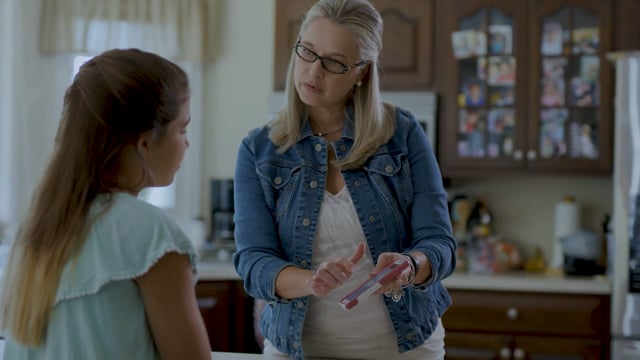Your Child’s Immunizations: Human Papillomavirus (HPV) Vaccine
What Is HPV?
Human papillomavirus (HPV) is a virus that can cause cervical cancer as well as genital warts. It can spread through sex and from some types of skin-to skin-contact. HPV also can lead to cancer in areas such as the penis, anus, vagina, vulva, and throat. Recent research suggests it might be linked to cardiovascular disease in women.
HPV Immunization Schedule
The vaccine is recommended for girls and boys 9 to 11 years old, and for older kids who aren’t yet vaccinated.
The vaccine is given as a series of shots:
- For kids and teens ages 9–14, the HPV vaccine is given in 2 shots over a 6- to 12-month period.
- For teens and young adults (ages 15–26), it’s given in 3 shots over a 6-month period. People with weak immune systems also get 3 shots, including those 9–14 years old.
-

Understanding the HPV Vaccine
Get the facts about the HPV vaccine and how it can protect your child from this infection – and some types of cancer – for years to come.
Why Is the HPV Vaccine Recommended?
HPV can cause some types of cancer and genital warts. The vaccine is an important way to prevent infection and the spread of HPV. It works best when given before someone might be exposed to the virus.
The HPV vaccine doesn’t protect against all types of HPV. So people who are sexually active should always use condoms. Girls and women should see their gynecologist regularly and get pap smears as recommended (usually starting at age 21).
Teens or young adults who didn’t start or complete the series of shots can get it up to age 45. (It is recommended up to age 26. After that, a person can decide together with their doctor if it’s a good idea for them.)
Possible Risks of the HPV Vaccine
The most common side effects are mild fever and tenderness, swelling, and redness at the injection site. Dizziness, fainting, nausea, and vomiting also can follow a shot. Allergic reactions to the vaccine are rare.
When to Delay or Avoid HPV Immunization
The vaccine is not recommended if:
- Your child is currently sick. But simple colds or other minor illnesses should not prevent immunization.
- Your child had a serious allergic reaction to the first dose of HPV vaccine or has a yeast allergy.
- Your daughter is pregnant (she can get it after she gives birth).
Caring for Your Child After HPV Immunization
Your child may have a fever, soreness, and some swelling and redness in the area where the shot was given. Check with your doctor to see if you can give either acetaminophenoribuprofen for pain or fever, and to find out the right dose.
When Should I Call the Doctor?
Call the doctor if:
- You aren’t sure if your child can get the vaccine.
- There are problems after the immunization.
